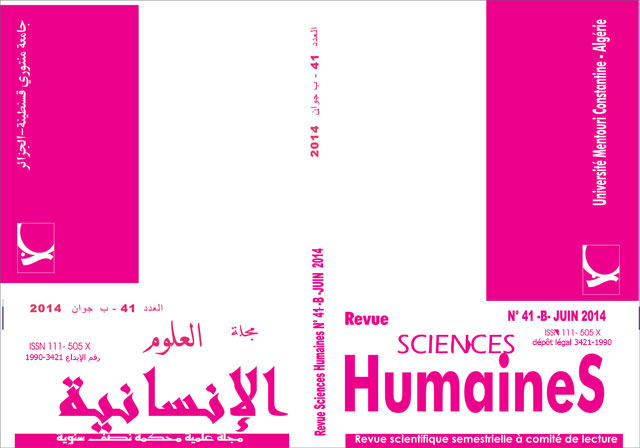The Cambodian Incursion: American War of Ideology, 1969-1970
Abstract
This article is dedicated to the Cambodian incursion and it mainly focuses on U.S. foreign policy toward Cambodia between 1969 and 1970. This small neutral country marked the continuation of the conflict between the American and the Soviet ideologies that would vie for global influence throughout most of the twentieth century. The idealistic aspect of the conflict was the basic premise that being allied to America was good for humanity. Americans were supposedly protecting democracy or the possibility of democracy against a Stalinist dictatorship. Ironically, the Vietnamese were allied to the Soviet Union and their firmest hopes of future were placed on the prospect of a union between the North and the South. The idea, after all, turned neutral Cambodia into a major player in the strategic game- a state squeezed between imperial powers.Downloads
References
Michael A. Genovese, The Nixon Presidency: Power and Politics in Turbulent Times, (Westport, CT: Greenwood Press, 1990), p. 106.
James F. Palumbo, “America Won the Vietnam War! How the Left Snatched Defeat from the Jaws of Victory,” Air and Space Power Journal, Issue: 3, Volume: 22, Fall 2008, p. 115+.
Douglas Kinnard, “Foreign Relations of the U.S.: Vietnam, January 1969-July 1970,” Naval War College Review, Issue: 1, Volume: 60, Winter 2007, p. 155+.
Richard Nixon, Public Papers of the Presidents, United States Government, 1970, p. 116-190.
Secretary of State Rogers, Interview in U.S. News and World Report, 22 Nov. 1971, p.32.
Leon Friedman, Richard M. Nixon: Politician, President, Administrator. Ed. William F. (Levantrosser, New York: Greenwood Press), 1991, p. 44.
Douglas Kinnard, p. 155+.
Nicholas Evan Sarantakes, “The Cambodian Campaign: The 1970 Offensive and America’s Vietnam War,” Air and Space Power Journal, Issue: 3, Volume: 21, Fall 2007, p. 117+.
Paul Bellamy, “Cambodia: Remembering the Killing Fields: Paul Bellamy Examines the Bloody Recent History of Cambodia and Warns That It Faces an Uncertain Future,” New Zealand International Review, Issue: 2, Volume: 30, March-April 2005, p. 17+.
Memorandum from the President's Assistant for National Security Affairs Kissinger to President Nixon, n.d., FRUS 1969-1976, vol. VI, Ending the Vietnam War, January 1969-July 1970, 156.
Simon W. Sheldon, War and Politics in Cambodia: A Communications Analysis, (Durham, NC: Duke University Press), 1974, p. 105.
Michael Clodfelter, Vietnam in Military Statistics: A History of the Indochina Wars, (Jefferson, NC:McFarland, 1995), p. 178-179.
Peter W. Rodman, More Precious Than Peace: The Cold War and the Struggle for the Struggle for the Third World, (New York: Charles Scribner's Sons, 1994), p. 128.
Richard Nixon, Public Papers of the Presidents of the United States: April 30, 1970, p. 405-409.
Peter G. Drivas, “The Cambodian Incursion Revisited,” International Social ScienceReview, Issue: 3-4, Volume: 86, Fall-Winter 2011, p. 134+.
P. Edward Haley, Congress and the Fall of South Vietnam and Cambodia, (Rutherford, NJ: Associated University Presses), 1982, p. 29-30.
Henry Kissinger, White House Years, (Boston: Little, Brown and Company), 1979, p. 513.
William Pfaff, “Cambodia: A sinister Precedent?” Washington Report on Middle EastAffairs, Issue: 5, Volume: 28, July 2009, p. 23+.
Lamont Colucci, The National Security Doctrines of the American Presidency: How They Shape Our Present and Future, (California: ABC- CLIO), 2012, p. 610.












